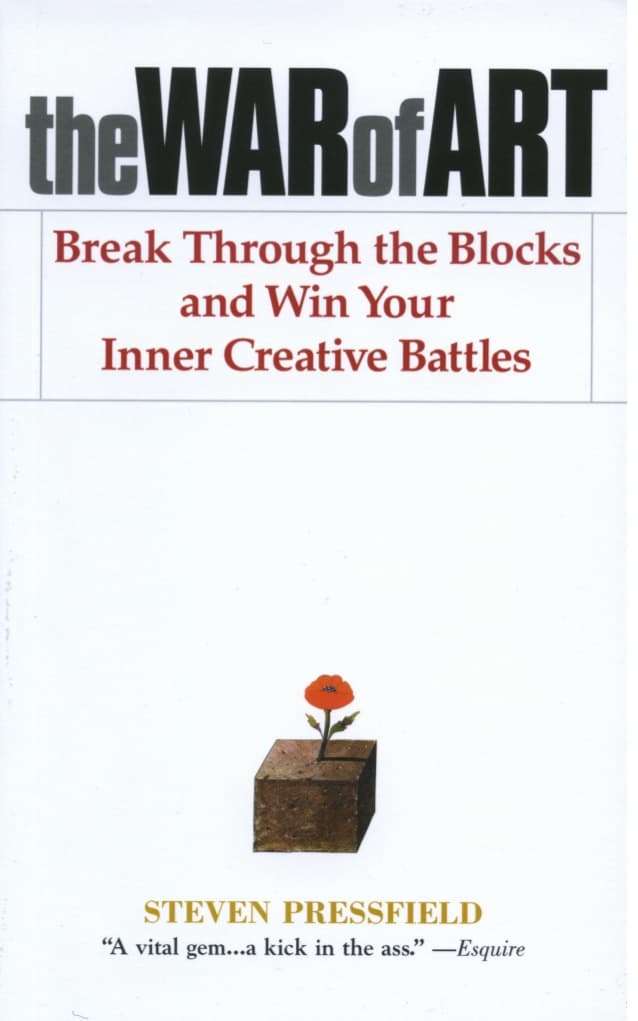
When I read a book I have the habit of highlighting certain passages I find interesting or useful. After I finish the book I’ll type up those passages and put them into a note on my phone. I’ll keep them to comb through every so often so that I remember what that certain book was about. That’s what these are. So if I ever end up lending you a book, these are the sections that I’ve highlighted in that book. Enjoy!
If you find yourself criticizing other people, you’re probably doing it out of Resistance. When we see others beginning to live their authentic selves, it drives us crazy if we have not lived out our own. Individuals who are realized in their own lives almost never criticize others. If they speak at all, it is to offer encouragement. Watch yourself. Of all the manifestations of Resistance, most only harm ourselves. Criticism and cruelty harm others as well.
So you’re taking a few blows. That’s the price for being in the arena and not on the sidelines.
The greek way of apprehending the mystery was to personify it. The ancients sensed powerful primordial forces in the world. To make them approachable, they gave them human faces. They called them Zeus, Apollo, Aphrodite. American Indians felt the same mystery but rendered it in animistic forms – Bear Teacher, Hawk Messenger, Coyote Trickster.
This is why artists are modest. They know they’re not doing the work. They’re just taking dictation. It’s also why “non-creative people” hate “creative people”. Because they’re jealous. They sense that artists and writers are tapped into some grid of energy and inspiration that they themselves cannot connect with.
Yeah, we lose friends. But we find friends too, in places we never thought to look. And they’re better friends, truer friends. And we’re better and truer to them.
An individual who defines himself by his place in a pecking order will:
- Compete against all others in the order, seeking to elevate his station by advancing against those above him, while defending his place against those beneath.
- Evaluate his happiness/success/achievement by his rank within the hierarchy, feeling most satisfied when he’s high and most miserable when he’s low.
- Act toward others based upon their rank in the hierarchy, to the exclusion of all other factors.
- Evaluate his every move solely by the effect it produces on others. He will act for others, dress for others, speak for others, think for others.
If you’re all alone on the planet, a hierarchical orientation makes no sense. There’s no one to impress. So, if you’d still pursue that activity, congratulations. You’re doing it territorially.
@joekotlan on X